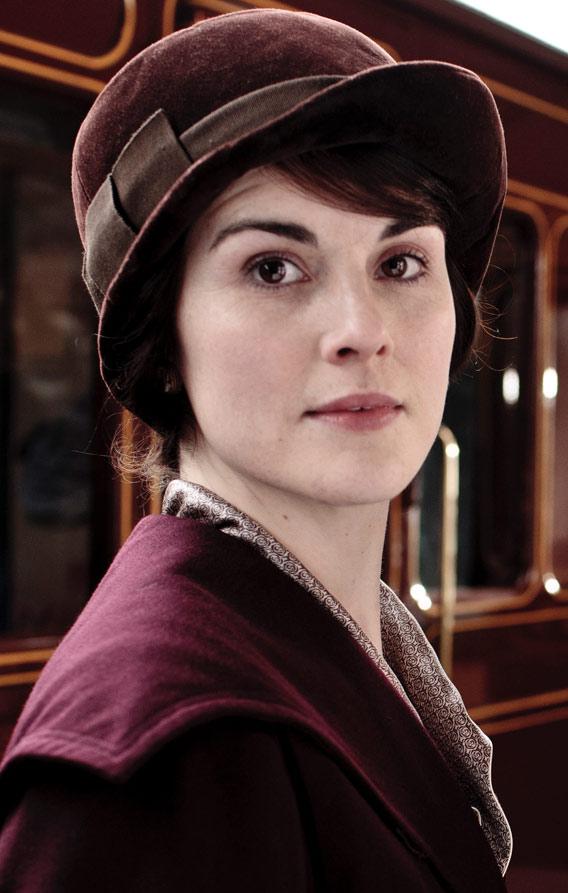See our Magnum Photos gallery on the English countryside.
Spanky and Divot,
Seth, you mentioned the lovely moment when Mary lost it as she walked away from Matthew’s cot. My first reading of her distress was that she was concerned for her dear cousin’s mental and physical health. Now I’m wondering if she wasn’t also realizing that she’s a bit of a black widow when it comes to men. Let’s look at her relationship history: Patrick, who she wasn’t in love with but was going to marry anyway, went down with the Titanic. Mr. Pamuk, who she wasn’t going to marry but did take to her bed, died on top of her. (As the dowager countess might say, trust a foreigner to take the little death too far.) Now Matthew, the only boy in the world for her, seems to have lost his manhood. Sir Richard Carlisle might want to check his life insurance policy.
Dan, I read Bates’ “We should have had a church wedding” as a use of the subjunctive mood: We should have had one … but we can’t. When I was growing up, long after Bates and Anna did their courting, the Church of England wouldn’t allow divorced people to get remarried in church, so back then a church wedding must have been beyond the bounds of possibility. Even that’s putting the cart before the horse, though, since the Bates’ divorce surely isn’t finalized yet? (Speaking of Mr. B’s first wife, in the comments, Carmen Silva reminds us about another obsessive Mrs. Bates: Norman Bates’ mother from Psycho.)
Seth, you asked what will become of Downton if Matthew’s baby-making machinery really is broken. That was my first thought on hearing the news (what can I say, my heart is cold), but no one in the show seems to share our concern. I understand that they’re horribly upset about poor Mathew’s injuries, about William’s death, and about man’s inhumanity to man as displayed on Flanders’ fields … but it seems downright perverse not to acknowledge any consideration of the future of the estate, since it concerns their patrimony and the servants’ and farmers’ livelihoods. Perhaps Dr. Clarkson told Lord Grantham about Matthew’s spinal problem so that his lordship could fret about the problem of an impotent heir, but would Lord G. really keep his thoughts to himself? For a man of his station—hell, for an Englishman of any stripe—he seems quite willing to share his worries with family members and even with trusted servants, but I don’t remember him saying anything about this.
I can’t tell you how much knowing you’re with me lightens my task,
June
